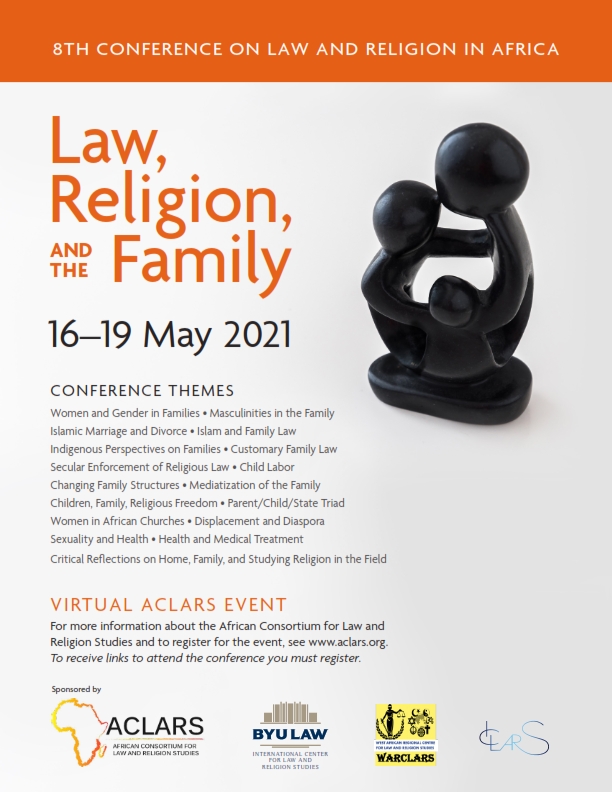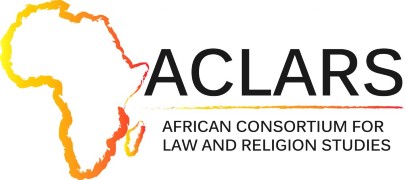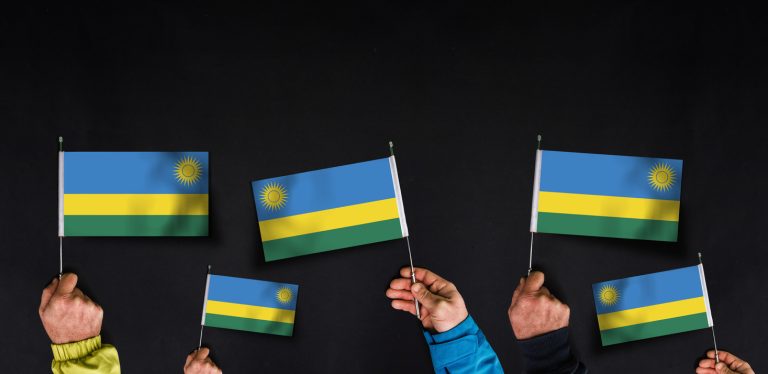
The African Consortium for Law and Religion Studies (ACLARS) will hold its 2026 annual conference from May 17-20 in Kigali, Rwanda. The conference will bring together scholars and researchers, legal practitioners, government officials, and religious leaders from Rwanda and the entire African continent. The Rwanda conference will focus on the theme: “Law, Religion and Youth in Africa.”

Morocco Conference May 18-21, 2025
The history, nature, and conditions of work in contemporary Africa have been shaped by various strands and enunciations of religious and legal regimes. Most notable are the international instruments, such as the Universal Declaration of Human Rights and the International Covenant on Economic, Social and Cultural Rights, and the African Charter on Human and Peoples’ Rights, which envision work as integral to personhood and a prerequisite for human dignity. As citizens of the global community, every African is thus presumed to have a right to work, to decent conditions at work, and to form and join unions and to engage in industrial action, including the withdrawal of labor.
The 2025 ACLARS conference focused on the multiple ways in which law and religion mutually shape our understandings of the value of work, the features that work should have if it is to be valuable, and the institutional, cultural, and other protections that workers need to ensure that their labor conditions reach minimum thresholds. Among the valuable human interests that work serves are the moral goods it delivers; the opportunities to develop and exercise productive abilities, including socializing with other persons in shared activities; the contributions it enables workers to make to the wellbeing of others; and most importantly, the promotion of self-esteem and self-respect.
Conferences
We hold annual conferences in different cities in Africa that focus on religious freedom, law, and other topics surrounding current events.
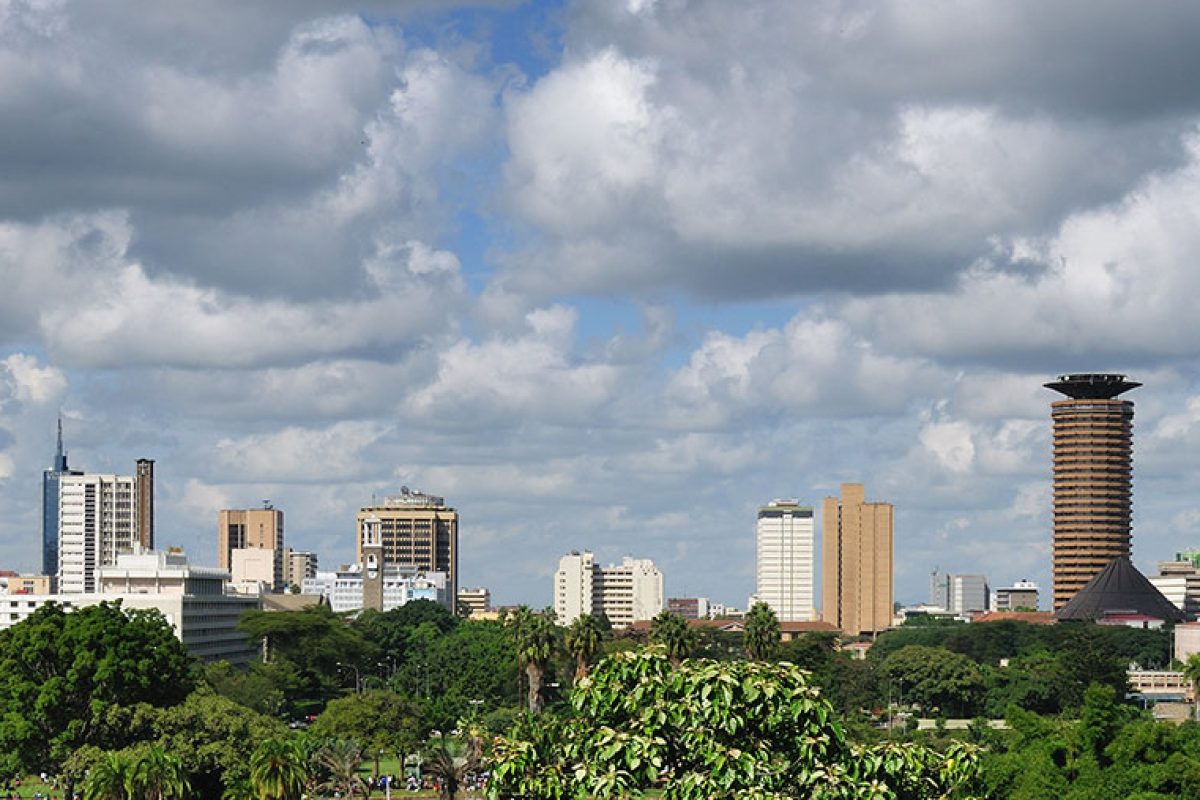
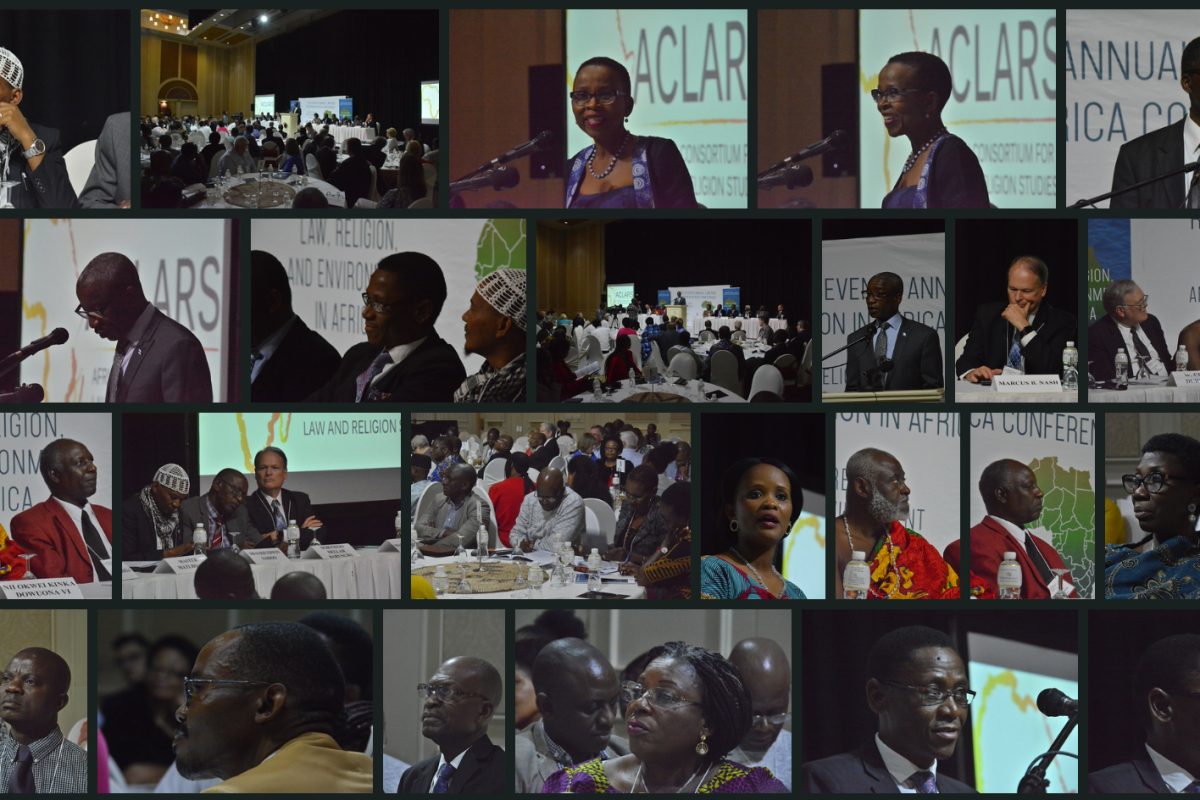
Publications
Papers from ACLARS conferences have been published in collections in the African Human Rights Law Journal (2014) and in volumes from Africa Sun Media (2015, 2016, 2017, 2018, 2020).
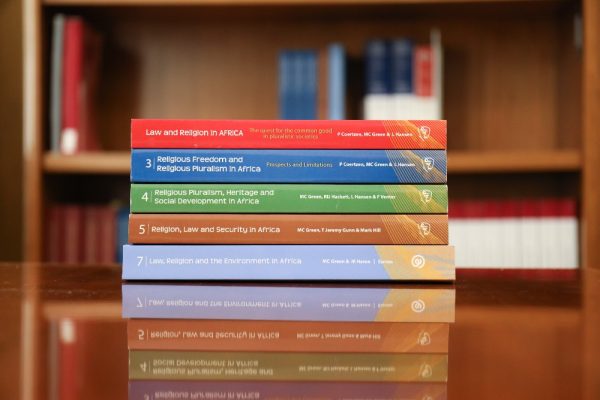
8th Conference on Law and Religion In Africa: 16 - 19 May, 2021
- Women and Gender in Families
- Masculinity in the Family
- Islamic Marriage and Divorce
- Islam and Family Law
- Indigenous Perspectives on Families
- And so much more….
